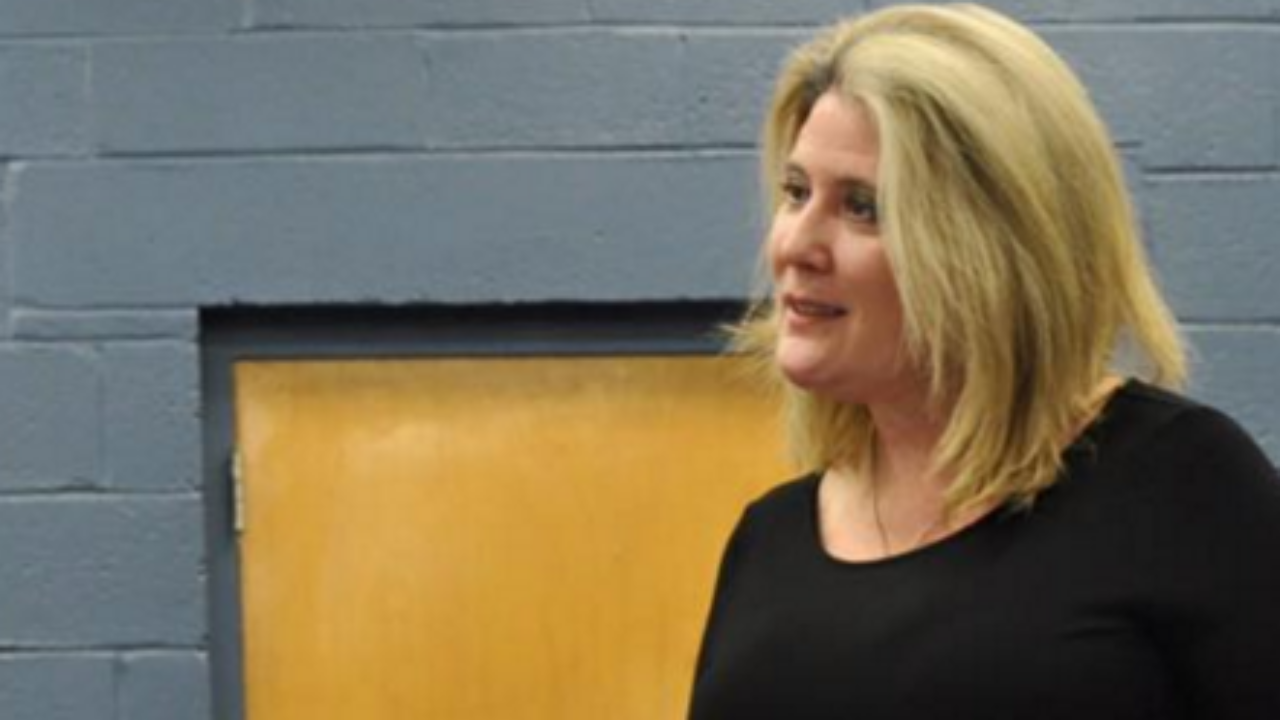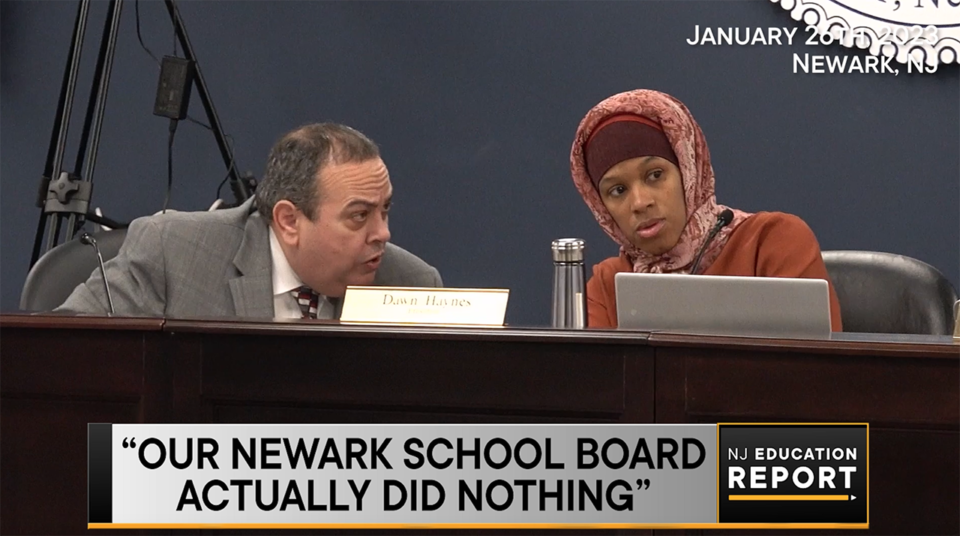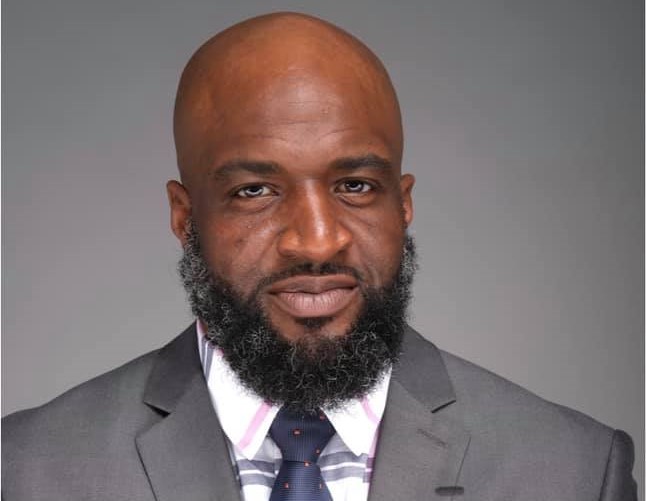
NJ Teachers Union Hits Back at ‘Disinformation’ About Murphy Administration’s New Sex Education Standards
April 22, 2022
Are the New Sex Ed Standards ‘Salacious and Inappropriate’? Depends on Whom You’re Asking
April 22, 2022REILLY: Teachers Are Stuck in a ‘Survival Mindset’: Here’s How to Help
John Reilly is a Licensed Clinical Social Worker and Clinical Director For Thrive Alliance Group.
After two years of disruption, fear and a constant confrontation with unpredictablity, we seem to be on track to some more stability. The past two years of dealing with COVID have tested everyone’s ability to adapt. Some have adapted more easily than others, and moved from being in perpetual survival mode to integrating the changes and feeling more comfortable, competent, and satisfied. Others have not adjusted to the demands so easily and have remained in survival mode, where they don’t feel quite regulated and are struggling with feelings of anxiety, depression, low satisfaction, loss of connections, with accompanying fantasies of escape or even firm plans to resign. In some ways, there is a version of the fight, flight, or freeze mechanism going on which leads to exhaustion and a lot of negative emotions and stress.
When one is in a survival mindset, there is often an accompanying feeling of loss of control. For those who may be in a survival mindset, it is important to reflect on where you do have control and whether the past level of hypervigilance is necessary at this point.
I often listen for statements like “I just have to make it to the end of the year.” This is an an indicator of a survival mindset. There needs to be a shift to thinking, “How can I not just survive the next few days, weeks or months, but enjoy what I’m doing?”
Most people in education or mental health were drawn by the desire and need to be connected to others and to help others grow. Teachers love to teach, but are often given the message, “you have to get your kids to perform!” Too much emphasis can be placed on performance at the expense of a discussion of what conditions need to be addressed to get that performance.
There is a common phrase, “Maslow before Bloom,” which essentially means that in order for a person to effectively participate in the educational process (i.e., learn, hitting the levels of Bloom’s Taxonomy), that person must first have their basic needs met (Maslow’s Hierarchy of Needs). I will extend this to teachers also; in order for a teacher to effectively teach, that teacher needs to first have their basic needs met.
In the chart below, the base four; Physiological Needs, Safety Needs, Belonging and Love Needs, and Esteem Needs are the areas that need to be addressed before the higher level needs can be optimally negotiated. While there is a lot of focus on students’ needs, especially in the area of mental health, we need to focus more consistently on staff wellness beyond perfunctory measures, such as, mentions of “self-care,” or one-off Professional Development days rather than on-going support and professional development.

The two areas specifically, Belonging and Love and Esteem Needs, directly relate to job satisfaction. Many of the activities that foster connections such as book clubs, after-work happy hours, lunch with colleagues, had fallen off as a result of dealing with COVID. This has left many of the teachers I have spoken with feeling disconnected from colleagues as well as students. Feeling connected to others leads to belonging.
Esteem needs are partially met by feeling competent and satisfied from what you are doing. Many teachers are suffering from feeling that they are not doing a good job and can view themselves and their students unfavorably.
There is a trickle-down effect at play to some of this. The state sends a message that we need to “catch-up the students” and, with little guidance, this message gets sent down to administrators who in turn pass it on to teachers. Again with minimal guidance. Teachers are feeling pressure to perform while at the same time not feeling able. Often they attempt to move on to performance without having the base needs met for themselves or their students.
So as we move forward toward the final third of the school year, let’s try to remember what drew us to this very rewarding profession and reestablish some of those practices that lead to feeling more regulated. Reconnect with colleagues, start class with an activity other than getting right to work. Put the devices down for a bit and play a game. Get up and stretch. Take some deep breaths. Have some fun, laugh, and lighten up the mood. Taking some measures that support mental wellness for you and your students will help get everyone in a mindset to thrive and perform!




